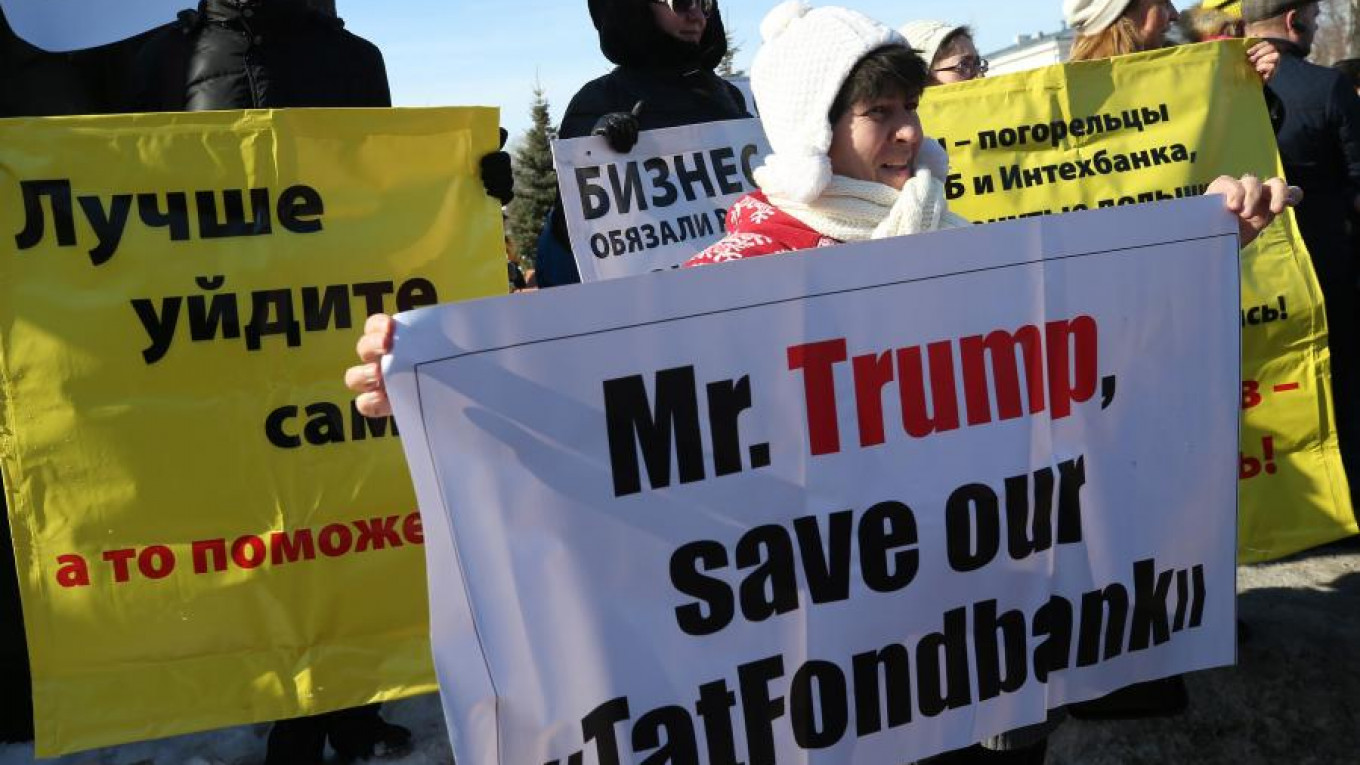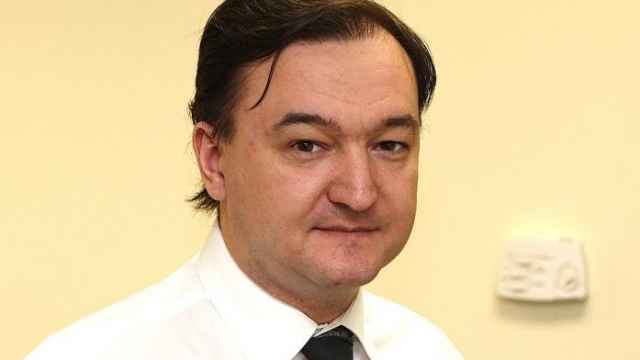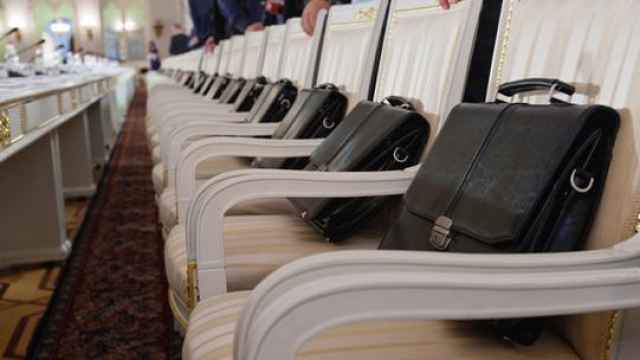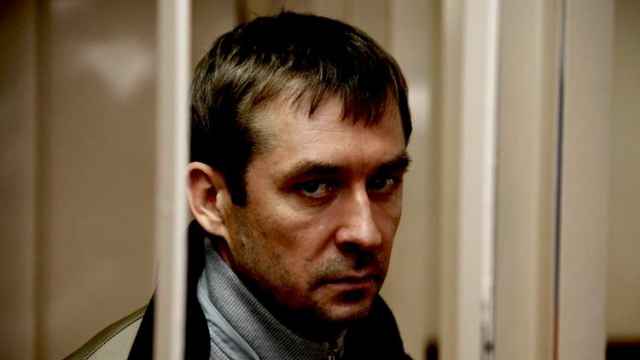“Remember how hard you worked to earn this money! Surely you're not prepared to just give it away?”
In the days after Tatarstan's second largest bank collapsed, Alexandra Yumanova's post on the Russian social media site Vkontakte became a battle cry for thousands who lost billions of rubles in savings.
The March 3 collapse of Tatfondbank — one of Russia's 50 largest banks — has plunged the oil-rich Tatarstan republic into a protracted political crisis embroiling its highest-ranking politicians and President Vladimir Putin himself.
Angry borrowers, who are demanding their money back, have stormed local government offices chanting “ Shame on you!” and “Resign!” in a string of protests sparked by the bank’s closure.
More than seven thousand have signed a petition calling for the republic’s prime minister, who was also chairman of the bank, to resign. Emotions are also running high on online, where users are holding the highest echelons of Russia’s government responsible.
“It must be tough being a president,” someone called Oxana wrote. “Everyone around you is thieving, but you can't lock anyone up because they're all your own.”
Too Murky to Fail
In recent years, Russia’s Central Bank has closed down around three hundred banks in an effort to clean up the country's infamously murky financial sector — a holdover of the 90s when regulation was minimal.
But the closure of Tatfondbank has demanded the country’s attention both because of its size and its close ties to local government, which owned a 45-percent share in the bank and held positions on its board.
“This is unprecedented,” the head of the news site Banki, Natalya Romanova, said of the bank’s collapse. “It's the first time in Russia's recent history that the license of a quasi-governmental bank has been revoked, let alone that of a region's second largest bank.”
Rumors that Tatfondbank was on the brink of bankruptcy had been circulating for months before the end finally came. In December last year, it came under the temporary administration of the Central Bank regulator which suspended the bank’s operations.
Many who had accounts at the bank took the Central Bank’s intervention as a positive sign that responsible authorities had taken over. Local government officials, including the republic’s head, assured concerned account holders that a deal was being worked out. Even President Vladimir Putin chimed in.
“The Central Bank is working together with the local government to find a way to support all depositors,” the Russian president said on live television late in 2016.
Despite his promise, Tatfondbank along with several other regional banks were declared insolvent in a surprise announcement on March 3. By then, Tatfondbank was estimated to have amassed a budget deficit of at least 97 billion rubles ($1.7 billion). Saving it would cost some 220 billion rubles ($3.7bn), the Central Bank's deputy governor Olga Polyakova said.
The Central Bank blamed a “failing business model” for the bank's troubles, saying that loans were unjustly handed to companies affiliated with the bank.
Oleg Sysuyev, a former deputy prime minister and now a board member of Alfa-bank, told the Ekho radio station that Russia’s financial sector is under threat because of its relationship to corrupt state bodies.
“To a large extent, the problem of these banks is their proximity to state structures, which supposedly advise them,” he said. “But behind the scenes, [state structures] tell them to participate in projects of a political and not economic nature.”
In Tatarstan, account holders also suspect the bank's remaining funds have been syphoned-off in recent months, even as it came under the Central Bank's supervision.
The same day the Central Bank revoked Tatfondbank's license, the regional branch of the Investigative Committee opened an investigation into the bank's head Robert Musin. He and several senior bank officials have since been detained on suspicion of fraud.
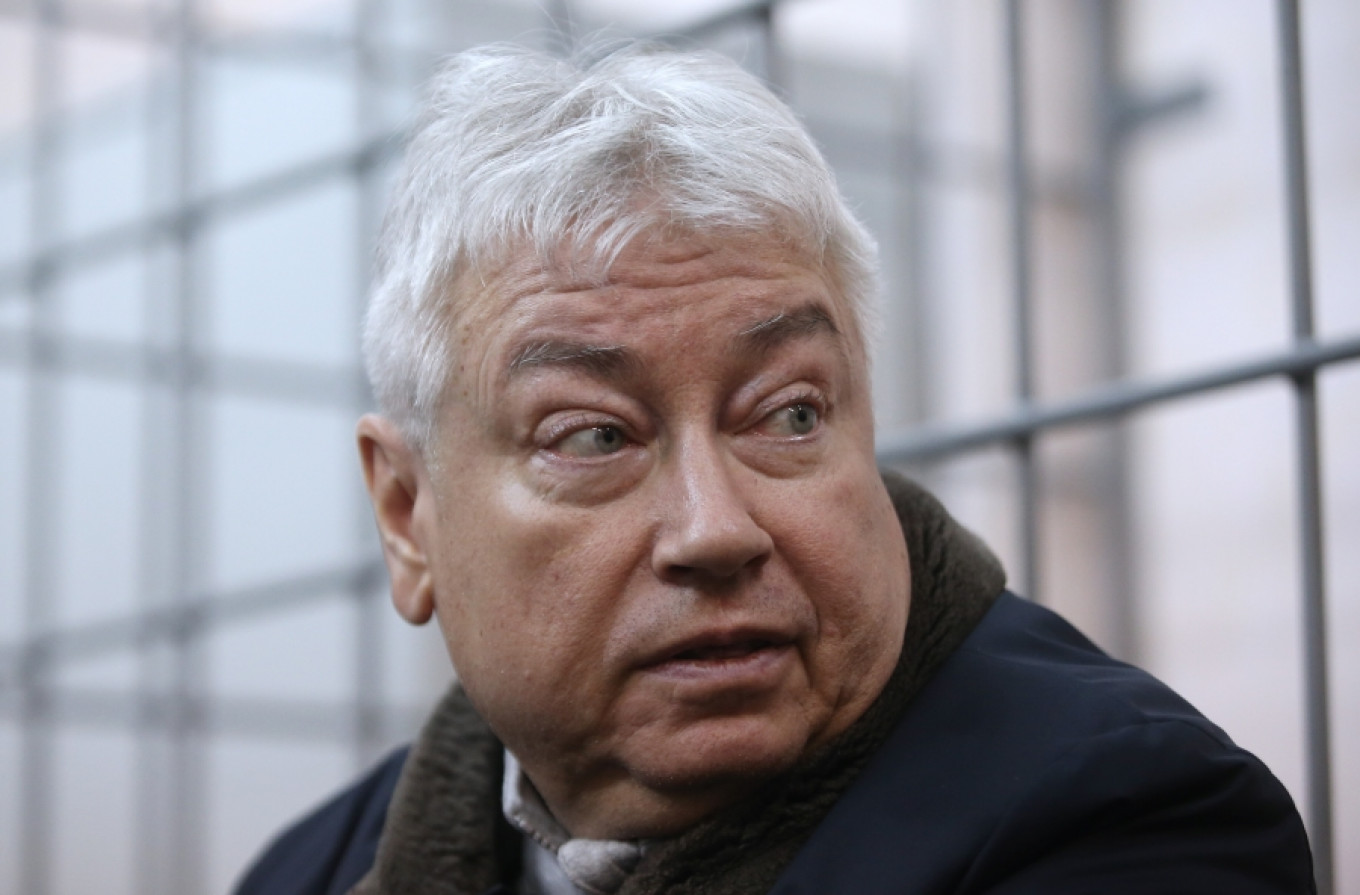
“Saving Kopek After Kopek”
Not that that has helped Leisan Lisyonok, a mother of three. In August 2016 she made a 2-million-ruble deposit at the bank, which she hoped to put towards renovating her home.
“Most of it came from my grandmother, who spent her entire life saving kopek after kopek,” Lisyonok told The Moscow Times. “She wanted us to live under more comfortable conditions.”
But according to the fine print of her contract with Tatfondbank, she did not make a deposit as she thought. Rather, she invested had in a fund associated with the bank, which now means she has no right to compensation. She is among roughly 1,700 people who have found themselves in the same position.
“We're not legal experts, so we didn't realize,” Lisyonok said. “They told us that it was a safe bank with state involvement and that nothing could happen to it.”
“We've been taken for a ride.”
Plane Crash
Protesters argue that local officials, at best, failed to take action on time and, at worst, colluded in fraud. “This bank was effectively being run by our republic,” Yumanova, who is a leader of the protests, told The Moscow Times. “Our money has disappeared with the help of our own leadership.”
Adding insult to injury, officials have been unapologetic. “Anything can happen in life,” the republic’s president Rustam Minnikhanov told reporters at a press conference in December. “Like with planes — A tragedy can still happen even if the plane has been checked and the pilots are professional.”
Independent political analyst Abbas Gallyamov says there is a real possibility that the protests will have serious political repercussions for one of Russia’s most autonomous republics. Even though authorities here have enjoyed strong support from a loyal electorate, “The impression that the regional government has lost control over the situation is weakening them in the eyes of voters and the federal center,” he told The Moscow Times.
Leading opposition politician and corruption activist Alexei Navalny, who is seen as Putin’s most likely challenger, has tapped into locals’ frustration. Several days after the bank’s collapse, he traveled to the republic’s capital Kazan to speak to protesters and open a campaign office.
“This is a perfect illustration of all those problems and solutions that only our campaign offers,” Navalny said. “It shows the regions themselves have no say, ever. Secondly, that no one understands how money is handed out. It leads to total corruption.”
Ahead of presidential elections next year, the tone of the messages directed at the Kremlin on social media might suggest the opposition candidate has an audience.
“Tatfondbank has gone from a purely economic issue to a politicized protest movement that Navalny can tap into,” acknowledges Yumanov. But she is not confident that Navalny is the answer to restoring her bank balance.
“We want our money back. And only the existing leadership can get us that.”
A Message from The Moscow Times:
Dear readers,
We are facing unprecedented challenges. Russia's Prosecutor General's Office has designated The Moscow Times as an "undesirable" organization, criminalizing our work and putting our staff at risk of prosecution. This follows our earlier unjust labeling as a "foreign agent."
These actions are direct attempts to silence independent journalism in Russia. The authorities claim our work "discredits the decisions of the Russian leadership." We see things differently: we strive to provide accurate, unbiased reporting on Russia.
We, the journalists of The Moscow Times, refuse to be silenced. But to continue our work, we need your help.
Your support, no matter how small, makes a world of difference. If you can, please support us monthly starting from just $2. It's quick to set up, and every contribution makes a significant impact.
By supporting The Moscow Times, you're defending open, independent journalism in the face of repression. Thank you for standing with us.
Remind me later.


